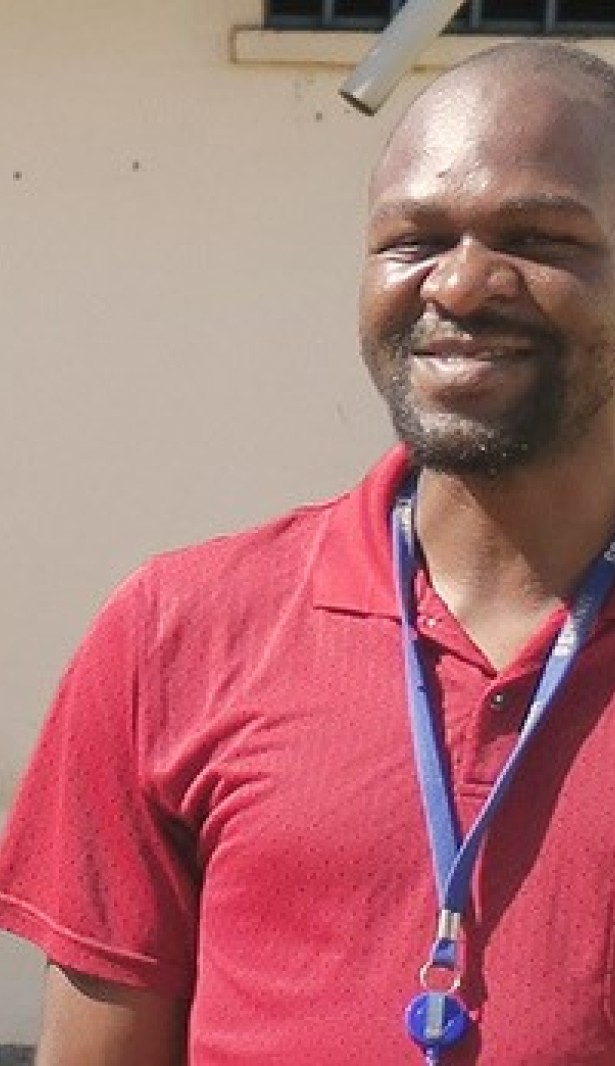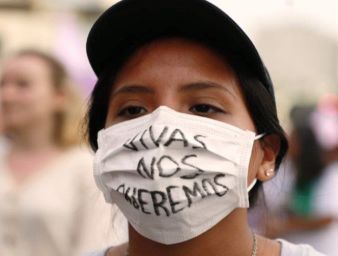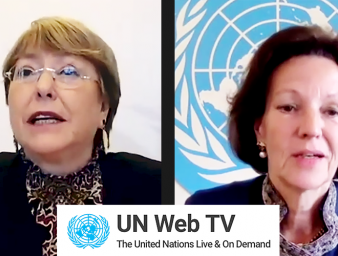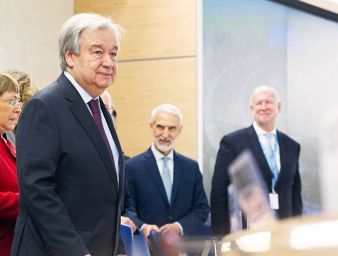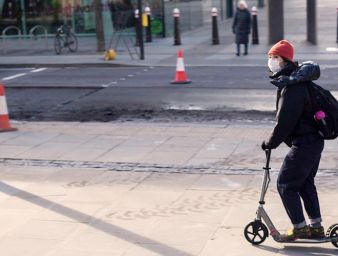“Only together can we address the negative impacts of pandemics”
01 July 2020
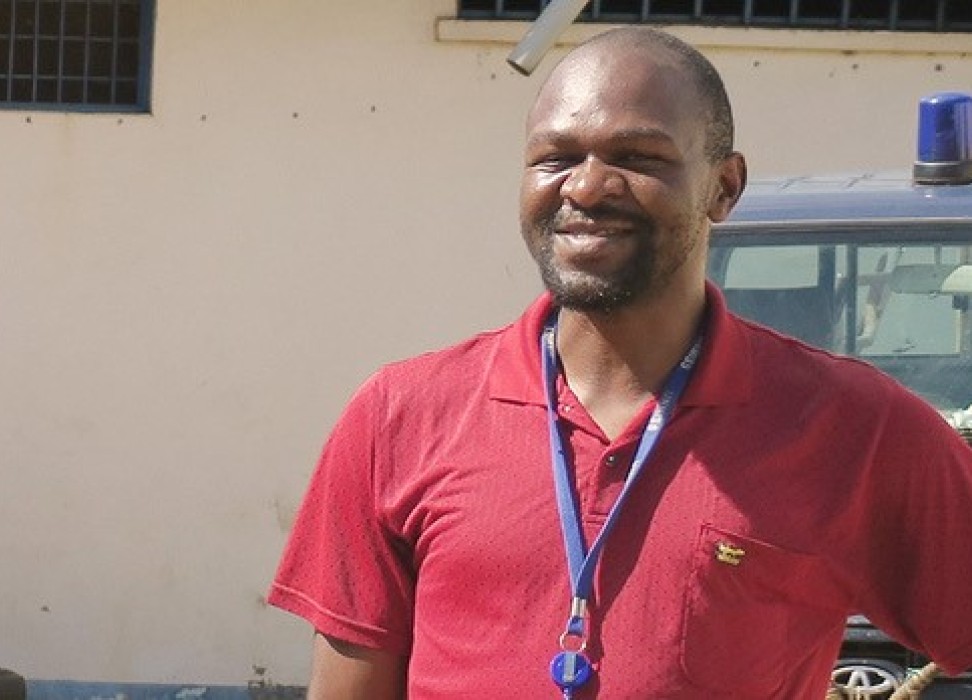
Denis Fuh Chenwi is a Human Rights Officer working in the Human Rights Division based in Eastern Equatoria State, Torit, of the UN Mission in South Sudan.
During the pandemic, Fuh Chenwi and colleagues have received reports that in several states women were disproportionality affected by COVID-19 measures, particularly those involved in the informal economy and farming sectors which have experienced a significant decrease in daily earnings and have seen a sharp increase of food prices. Coincidentally, specialized police units and international health care service providers have also reported an increase of domestic violence incidents, especially intimate partner violence.
People living with disabilities have also been disproportionately affected by a lack of support from authorities, leaving them faced with additional challenges arising from restrictions on movement and public assembly, and the end in January 2020 of the delivery of the food rations from international organizations that many rely on.
Fuh Chenwi told us why it was crucial to continue working with partners to protect everyone’s right during the pandemic.
How has COVID-19 affected your work?
COVID-19 came like a sudden storm and we had to make swift adjustments at short notice. I arrived in South Sudan from Uganda aboard the last UN flight before the closure of South Sudan’s borders and we went through fourteen days of self-quarantine. This period was a sort of retreat that prepared me to adapt to living and working in some form of isolation while being connected to the world. We have had to change our plans and methods to be able to remotely conduct human rights work. Gratefully, we are adapting effectively both individually and as a team and with the invaluable network of partners we have established.
What is OHCHR doing to protect the rights of people during this epidemic?
Amongst others, we have been conducting monitoring COVID-19 preparedness in places of detention in our region. We have successfully advocated with the County Court judges and the High Court Judge for the release from an overcrowded prison of some persons convicted of non-violent offenses, in a bid to decongest the prison facility as a COVID-19 preventive measure. We have also worked with the Office of the Legal Administration to secure the release on bail of more than sixty persons accused of committing minor offences, including women and juveniles.
We are monitoring, documenting and conducting advocacy on COVID-19 related human rights issues, such as access to adequate healthcare without discrimination and the impact of COVID-19 preventive measures on vulnerable groups including women, Internally Displaced Persons (IDPs), migrant workers, and people living with disabilities. Our advocacy efforts led to the provision of psycho-social assistance and pledges from protection partners in our region to provide vital socio-economic assistance to more than 200 members of the Association of Persons Living with Disabilities
What are the main human rights issues at stake in your country in the COVID-19 response?
Before the advent of COVID-19, South Sudan was emerging from years of armed conflict with the civilian population having suffered from numerous conflict-related human rights violations and abuses. Years of conflict also seriously affected other human rights issues such as access to food, healthcare, education, and water. COVID-19 has compounded these human rights challenges in Eastern Equatoria.
The enforcement of COVID-19 preventive measures has given more room for violations by some members of Government security forces on civilians. This has led to more incidents of mistreatment, arbitrary arrests and detentions, and extortion of civilians.
Furthermore, access to adequate food, healthcare, nutrition and water are major challenges faced by most populations in South Sudan especially in remote areas. This increases their plight and makes them more vulnerable to COVID-19 and other diseases.
Biggest challenges and lessons learned thus far during the pandemic?
One of the biggest challenge so far during this pandemic has been a reduction in possibilities of conducting on-the-ground human rights work with a simultaneous increase in human rights violations as a consequence of the enforcement by Government security forces of COVID-19 preventive measures. However, this has also drawn out human values from deep within and shown that the world survives best when we in togetherness put the survival of the group above the survival of the self, the interest of the other before our personal interest. It has also given the opportunity to learn more and make the best use in our work and interactions of the internet and social media.
Why is it important to stand together during this pandemic?
It is vital to stand together during this pandemic because the pandemic has increased the vulnerability of several groups in society thus requiring others to stand for their rights. It is also important to stand together because only so can we address the negative impacts and consequences of the pandemic including the COVID-19 related human rights violations, abuses and challenges. We are in this together, we will go through it together and emerge victorious together.
1 July 2020
